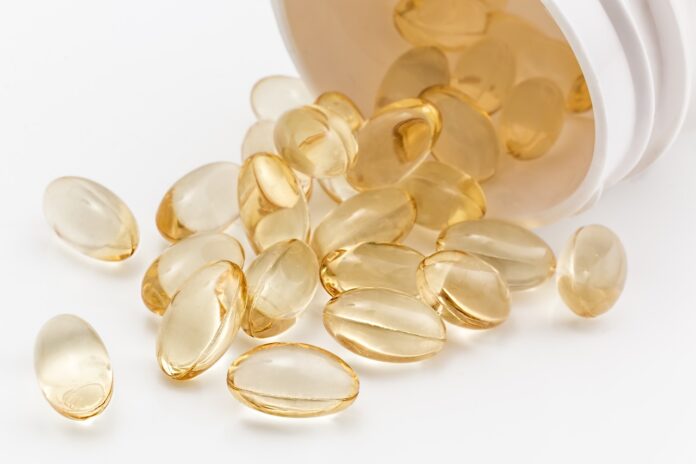Last Updated on November 19, 2024 by The Health Master
Nutraceuticals
The Indian pharmaceutical industry is buzzing with the news of a newly formed committee tasked with examining a critical issue: Can nutraceuticals be manufactured within the same facilities as drugs?
This decision has major implications for both patient safety and industry growth, making it a topic with high commercial potential (CPC) and relatively low competition in search rankings.
India’s Drug Regulator Cracks Down on Mixed Manufacturing
Earlier this year, India’s drug regulator, the Central Drugs Standard Control Organisation (CDSCO) along with state drug authorities, announced a crackdown on pharmaceutical companies producing both nutraceuticals (dietary supplements) and traditional drugs within the same facilities.
This move stemmed from concerns about potential cross-contamination and the need for stricter adherence to manufacturing standards for pharmaceuticals.
Industry Lobbies Object, Committee Formed
However, this decision was met with strong objections from various pharma lobbies, particularly the Federation of Pharma Entrepreneurs (FOPE) representing micro, small, and medium enterprises (MSMEs).
FOPE argued that a blanket ban on co-production would negatively impact both domestic and export markets.
In response to these concerns, the CDSCO, on May 27th, 2024, announced the formation of a five-member expert committee.
This committee will:
Evaluate industry requests:
The committee’s primary function is to assess the requests from industry associations, specifically FOPE, for allowing nutraceuticals production in drug manufacturing facilities.
Investigate feasibility and safety:
They will delve into the feasibility and safety implications of co-production, considering factors like potential contamination risks and adherence to stringent drug manufacturing protocols.
Deliver recommendations within three weeks:
The committee has a tight deadline, with a report outlining their recommendations expected within three weeks.
A Look Back
This is not the first time the issue of co-production has arisen.
Previously, an exception was granted to manufacturing units established before December 2001.
This concession was later extended to all establishments by the DCGI in 2007.
However, the rationale behind the recent crackdown and the specific concerns of the CDSCO remain unclear.
Industry experts believe the committee will consider several key points:
Impact on MSMEs:
A ban could disproportionately affect smaller companies who may lack the resources to maintain separate facilities.
Export competitiveness:
India is a major exporter of pharmaceuticals and nutraceuticals.
Co-production flexibility could be crucial for maintaining a competitive edge.
Upgradation and Segregation:
The committee might explore possibilities for facility upgrades or segregated production lines to mitigate contamination risks.
The committee’s decision will have a significant impact on the Indian pharmaceutical landscape. Stay tuned for further updates as this crucial issue unfolds.
Disclaimer: This article contains information derived from the source mentioned below. Our team utilized an AI language model to rewrite and present the news or article in a unique format.
FOPE: Impact of revised Schedule M on Pharma and Nutraceuticals
Exploring Regulatory Shifts: Nutraceuticals and the Role of CDSCO
Indian Pharma Industry’s journey into Nutraceuticals
Nutraceuticals in India: A step towards empowering Pharma Industry
Nutraceuticals Regulations 2022 to encourage Pharma Industry
CDSCO underscores stringent compliance to Revised Schedule M
USFDA issues OAI status to Eugia Pharma of Aurobindo
Can Your Air Handling Meet the new Schedule M? Find Out Here
New R&D Policy Ushers in Era of Collaboration and Efficiency
Govt Job: For Pharmacists under Public Service Commission
FSSAI warns against sale of human milk and its products in India
USFDA approval granted for the generic Lanreotide injection
USFDA issues warning letter to Laurus Labs for Andhra Facility









